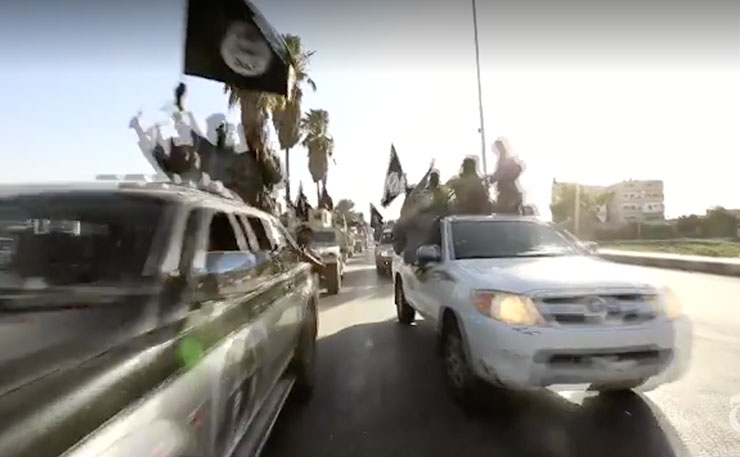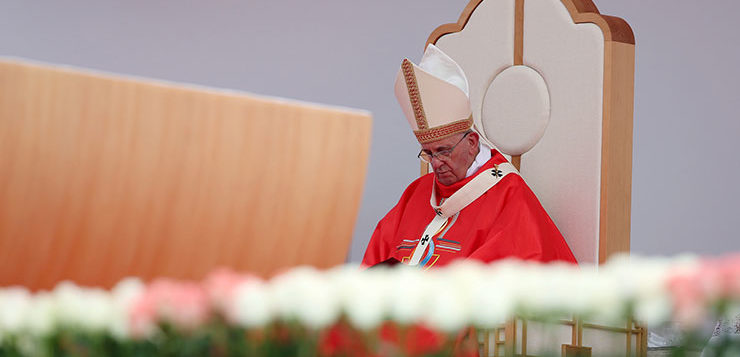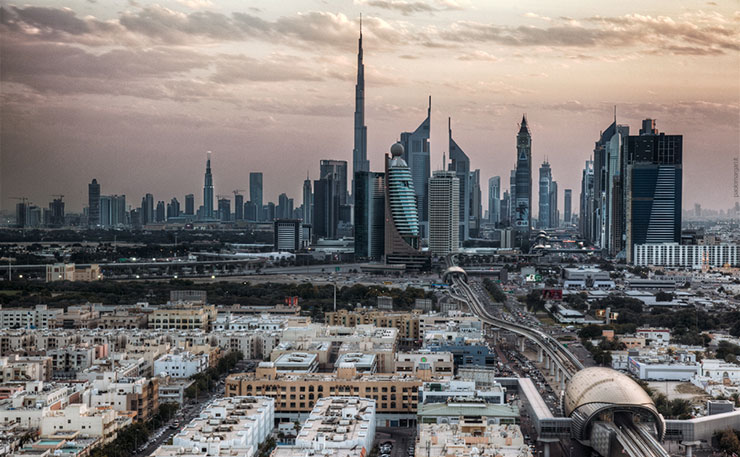A path to real peace just requires a compassion and understanding and a little faith, no matter which one you practice, writes Yousef Al Otaiba.
In 1960, two American missionary doctors went deep into the harsh desert of the Arabian Peninsula to set up a hospital in a mud block building with dirt floors and a palm frond roof. For the Bedouins who lived there and practiced Islam, it would be their first experience with modern medicine – and their first contact with Christianity.
Over the next few decades, with the encouragement and support from local tribal leaders, the husband-and-wife medical team would grow the hospital, save many lives and cement a lasting legacy of respect and admiration between Christians and Muslims in what would later become the United Arab Emirates.
This week, that legacy will be honoured when Pope Francis travels to the Arabian Peninsula – the first such visit for any pontiff. He will celebrate mass in Abu Dhabi with 120,000 of the more than 1 million Catholics who live in the UAE, and visit the local Catholic Cathedral that opened in 1965 on land donated by the government.
The pope’s visit will send a strong signal across the region and world: People with different beliefs can live, work and worship together. Reverence, respect and compassion are core common values. Prayer is both uniting and unifying.
But not everyone will welcome or embrace the message.
Across the Middle East, we face the menace of extremism. Radical interpretations of Islam represent a tiny minority of those who practice the faith. But often the shrillest voices shout the loudest – whether it is on TV, on the internet or in a mosque. They twist and obscure the fact that Islam is a religion of peace. As one article from Dabiq, the English-language magazine of the so-called Islamic State, declared to its secular readers, “We hate you, first and foremost, because you are disbelievers; you reject the oneness of Allah – whether you realize it or not.”
These extreme voices seek to incite crazed followers to do their bidding. They give rise to zealots who carry out hateful, violent deeds against religious and ethnic minorities. Christian Coptic churches are attacked in Egypt. The Yazidi homeland is destroyed in Iraq. The Jewish Museum is bombed in Brussels. And fatefully, it is Muslims – Sunni and Shia – that suffer the heaviest price of all from the murderous fundamentalists.

Ignoring the threat or being complacent is too dangerous and will only feed the cycle of sectarian violence that has gripped the region for more than a generation. Removing the extremists by force is also not the answer as long as the poisoned ideology and the conditions that nurture it endure.
So how do we break this cycle? How can we encourage people to accept, not demonize, “the other”?
The pope’s visit this week will highlight one approach close to the centre of the Muslim world. Today, the UAE is home to 200 different nationalities, more than 40 churches and approximately 700 Christian ministries. Sikh and Buddhist temples welcome multinational congregations. Last year, Indian Prime Minister Narendra Modi broke ground for a new Hindu temple. Evangelical Christian ministries abound in the country. The Jewish community is vibrant and growing.
Beyond ensuring an open environment for religious practice at home, the UAE also advocates for freedom of worship and interfaith exchange globally.
During his visit, Pope Francis will participate in an interfaith forum with the Muslim Council of Elders and other religious leaders. And he will meet with Sheikh Ahmed el-Tayeb, the grand imam of Cairo’s Al-Azhar, Sunni Islam’s foremost religious institution.
Last summer, a delegation of Emirati government officials and UAE-based religious leaders – representing Islam, Christianity and Sikhism – attended the U.S. Department of State’s Ministerial to Advance Religious Freedom in Washington, D.C. It was remarkable – and telling – to see a country from the Arabian Gulf represented by such a diverse group.
In December, the UAE hosted the fifth annual Forum for Promoting Peace in Muslim Societies, a global conference to promote interfaith dialogue and reject the exploitation of religion for conflict and war.
These ideas and principles of mutual respect and genuine tolerance should be universal. Faith and belief are instruments of good for noble goals – not the pretense for death and destruction. The voices of moderation and acceptance must be lifted over those of division and hatred.
As the birthplace of the three Abrahamic religions, the Middle East today has become a cauldron of conflict among and within them. Religion today is a treacherous fault line that divides the region. But the true faith of Muslims, Christians and Jews has never been about hate or fanaticism. There is no clash of civilizations or ideas – only a rash of ignorance and a deficit of courage and moral leadership.
Sixty years ago deep in the desert, missionary doctors and Bedouin villagers built a bridge between two faiths with acts of kindness and understanding. We can do it again. This weekend, Pope Francis and the Grand Imam will unite their voices in prayers and homilies to the billions of Catholics and Muslims across the world.
It will come from the heart of the Arab world in a country that embraces and lives these ideals every day.
Donate To New Matilda
New Matilda is a small, independent media outlet. We survive through reader contributions, and never losing a lawsuit. If you got something from this article, giving something back helps us to continue speaking truth to power. Every little bit counts.





